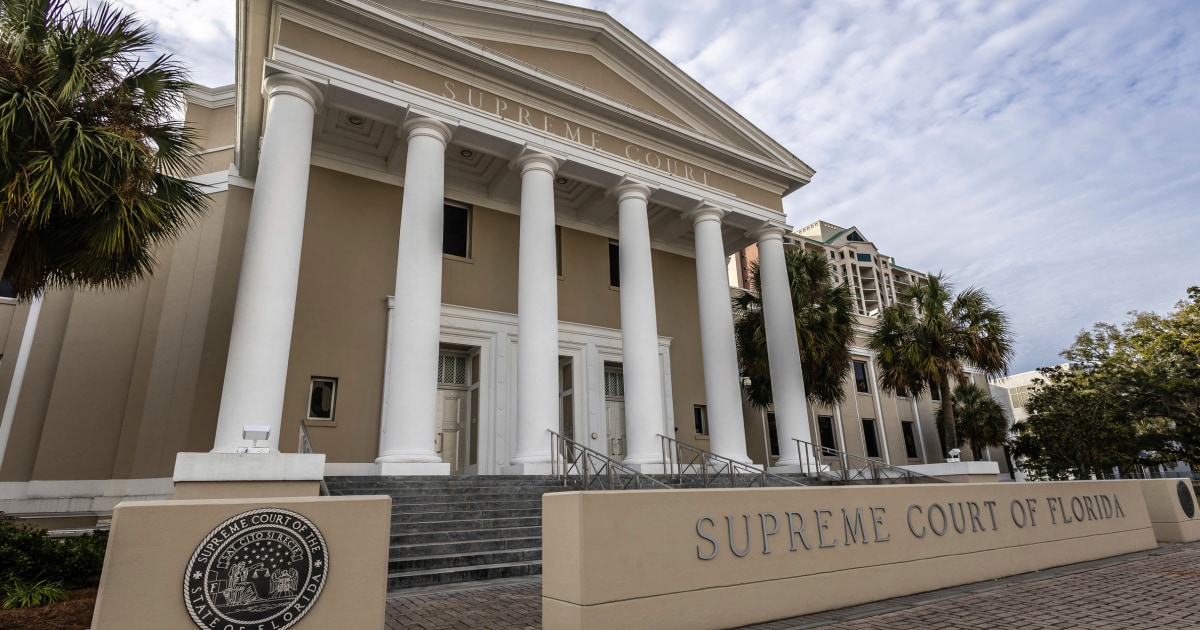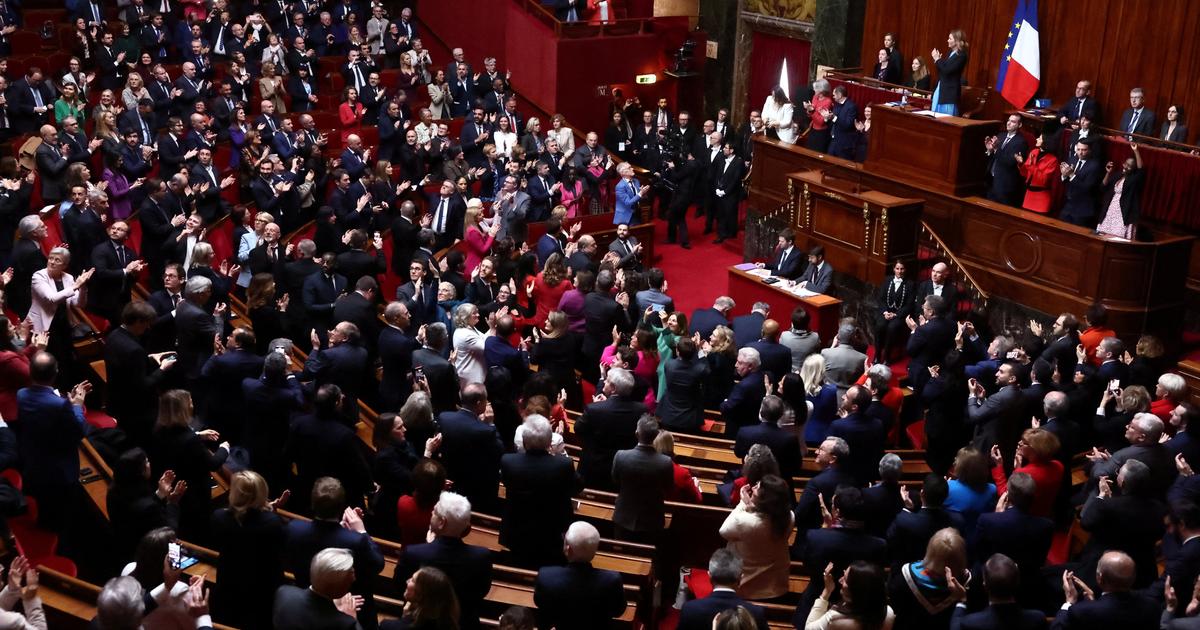A demonstration in favor of legal abortion in Plaza Baquedano in Santiago de Chile. NurPhoto (Getty Images)
The dictatorship of Augusto Pinochet criminalized abortion on all grounds and, according to possible calculations, some 70,000 pregnancy interruptions were carried out each year in conditions of extreme insecurity.
It was only in 2017, after 27 years of democracy and much resistance, that Chile advanced with decriminalization in three specific cases: danger to the life of the mother, fetal malformation and rape.
After a long struggle by women's movements, and especially after the new feminist wave that was the spearhead of the 2019 protests, the right to have an abortion is enshrined in the proposed Constitution on which the convention is working against the clock .
It was the decision of a convention that, like no other in the world, is made up of equal numbers of men and women.
“All people are holders of sexual rights and reproductive rights.
These include, among others, the right to decide freely, autonomously and informed about one's own body, about the exercise of sexuality, reproduction, pleasure and contraception”, says the proposed rule.
"The State guarantees the exercise of sexual and reproductive rights without discrimination (...) as well as access to the services and benefits required for it," indicates the text that was approved on Tuesday, March 15 by over two thirds necessary to become part of the draft that will be presented to the public.
What was decided by the constituent body – dominated by the left and with a right in the minority – has unleashed the rejection of some sectors that are part of Chilean society, but that do not have force in the convention.
The proposal has caused controversy, among other issues, because it is not often that constitutions expressly include the norm on abortion.
The common aims to establish sexual and reproductive rights, but in a generic way.
But the expert and lawyer Tania Busch, an academic at the Andrés Bello University and director of the Chilean Association of Constitutional Law, puts it in context: “What was approved can be classified as bold, because it innovates in specifying in considerable detail what sexual rights mean. and reproductive, with references to childbirth, full sexual education, family planning and public policies with elements such as cultural relevance”.
For the specialist, the right to abortion would be separated from the ordinary legislative and political debate with a constitutional norm.
“The possibility of criminalizing abortion would be ruled out, which could be carried out with limits and within the time limits established by law.
On the other hand, that the law is in the Constitution would represent a guarantee regarding the restrictions that the legislator can establish, because they cannot make the law illusory”, explains the constitutionalist.
And she exemplifies: if a woman has the right to interrupt her pregnancy, future legislation cannot make this right ineffective and impracticable by determining, for example, a short period of weeks as a limit.
Surveys have shed light on support for pregnancy terminations.
According to an Ipsos study from last September, 73% of citizens approve: 41% think that free abortion should be approved and 32% believe that it should be performed only under certain circumstances.
For Fernanda Marín Rey, from the Network of Political Scientists, a feminist activist for sexual and (non) reproductive rights, “both the content and the form are enormous advances – both practical and symbolic – for women and people with the capacity to gestate in Chile. , since it was a milestone built collectively”.
Marín Rey thinks that "positioning sexual and (non) reproductive rights as a fundamental matter in what will be the new Chilean Constitution is an unprecedented event and much more than many women had imagined."
In addition, she says, it was approved with a large majority, something that is also highly symbolic.
The activist recalls that it will be up to the legislators to go into the details, but that she hopes that the right to legal abortion will be incorporated as an integral notion, that is, considering its complexity, but assuming it as a milestone in the reproductive life of women. .
"In this sense, the right to abortion must be understood as a reinforcement of our democracy and the notion of social justice, not only seen as failures in contraception," says Marín Rey,
that it considers it important to include the word “pleasure” in the proposed standard.
“That we see the word 'pleasure' written in the draft of a Chilean Constitution must be one of the best news in recent years!, he says.
From critical sectors it is feared that the convention, with a norm that guarantees the right to interrupt a pregnancy, seeks to open the door to free abortion, because the law could not – conservative conventionalists have explained – put limits on a constitutional right.
Busch says that no fundamental right can be understood as an absolute and, in fact, to allay doubts, the same convention undertook to draft a paragraph where Congress is mandated to regulate the limits of abortion.
Currently, the law does not set a limit of weeks in the causes of fetal inviability and danger to the life of the mother, but in the case of rape, for those over 14 years of age, a maximum of 12 weeks is established and for those under 14 years, a maximum of 14.
Although the approval of a new Constitution in September is not guaranteed – the work of the convention has had many difficulties – activists believe that the inclusion of abortion as a right should not motivate the rejection of the text.
“Although we know closely those who are against the rights of women and people with the ability to gestate, I estimate that the mobilizations to demonstrate against a possible sexual and reproductive rights law will be isolated and with little convocation,” he says. the political scientist Marín Rey, in reference to the plebiscite that opened the route to the constituent path of Chile, where by 80% the option of replacing the Constitution born in the Pinochet dictatorship was imposed.
Subscribe here to the EL PAÍS América
newsletter
and receive all the key information on current affairs in the region.




/cloudfront-eu-central-1.images.arcpublishing.com/prisa/OCS7V4Q6YKB6UMI76BXPPNGQJE.jpg)




